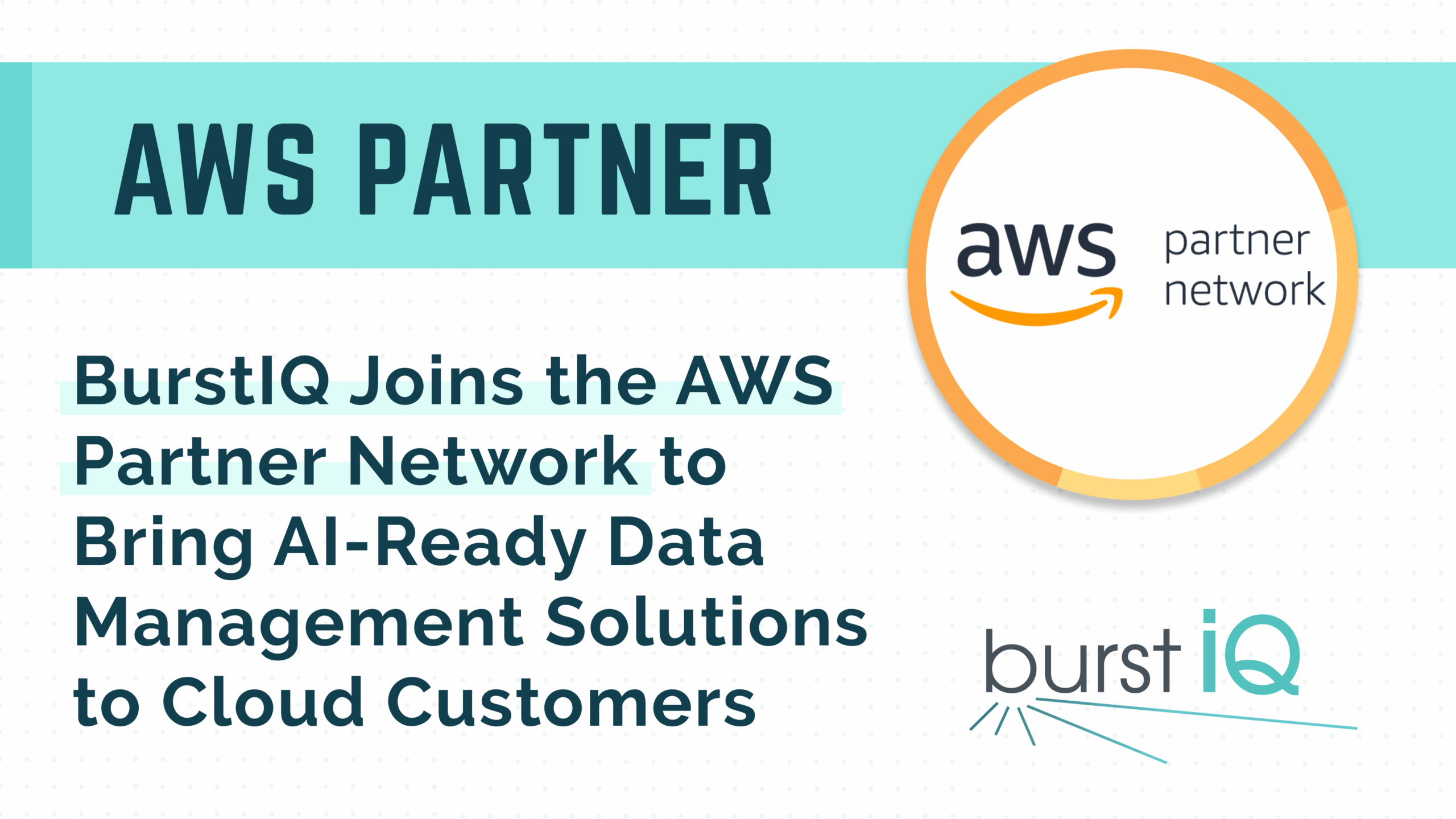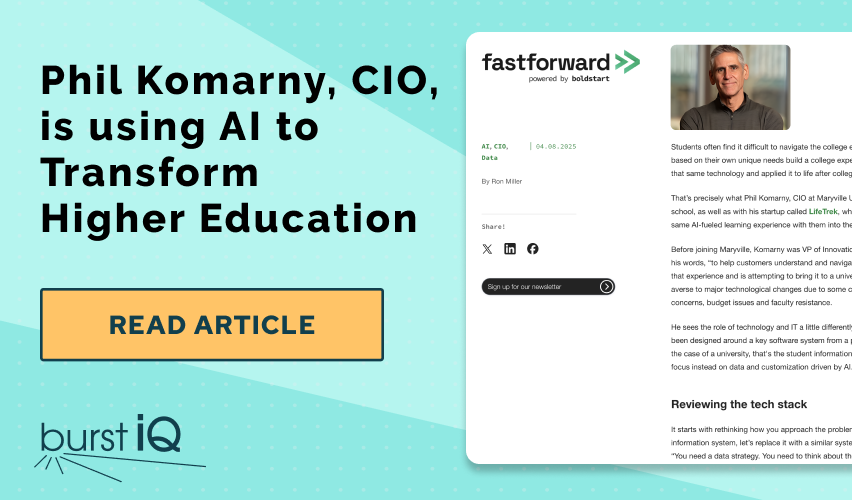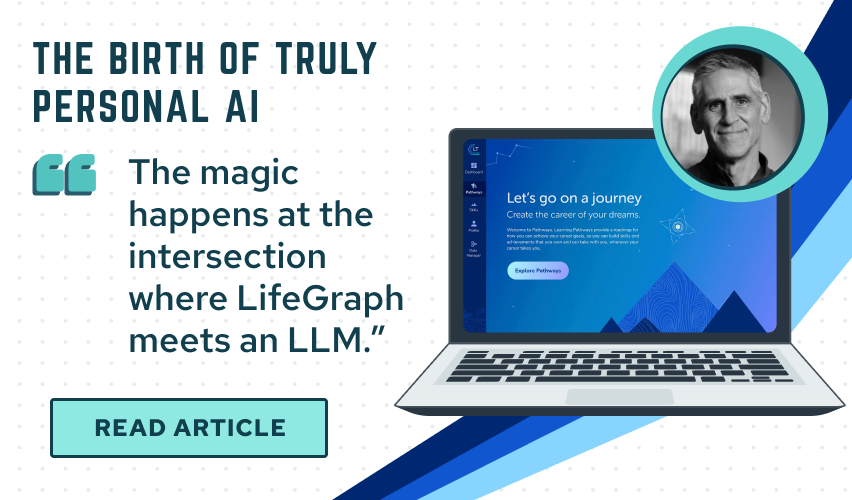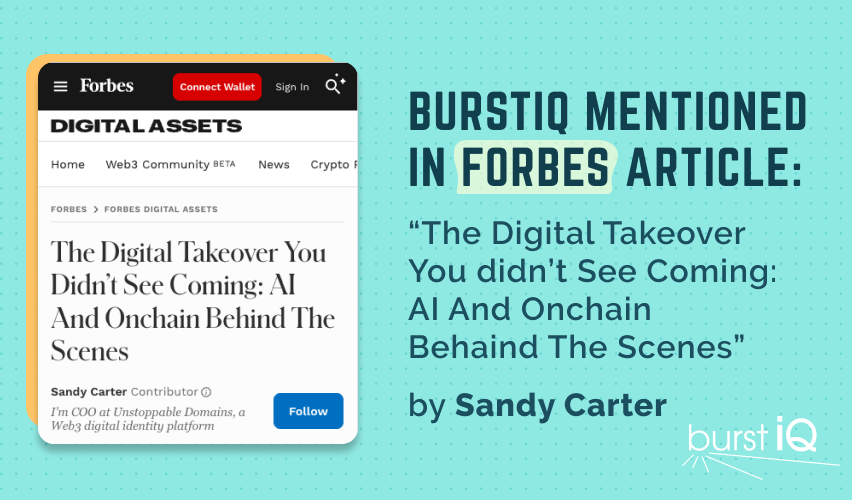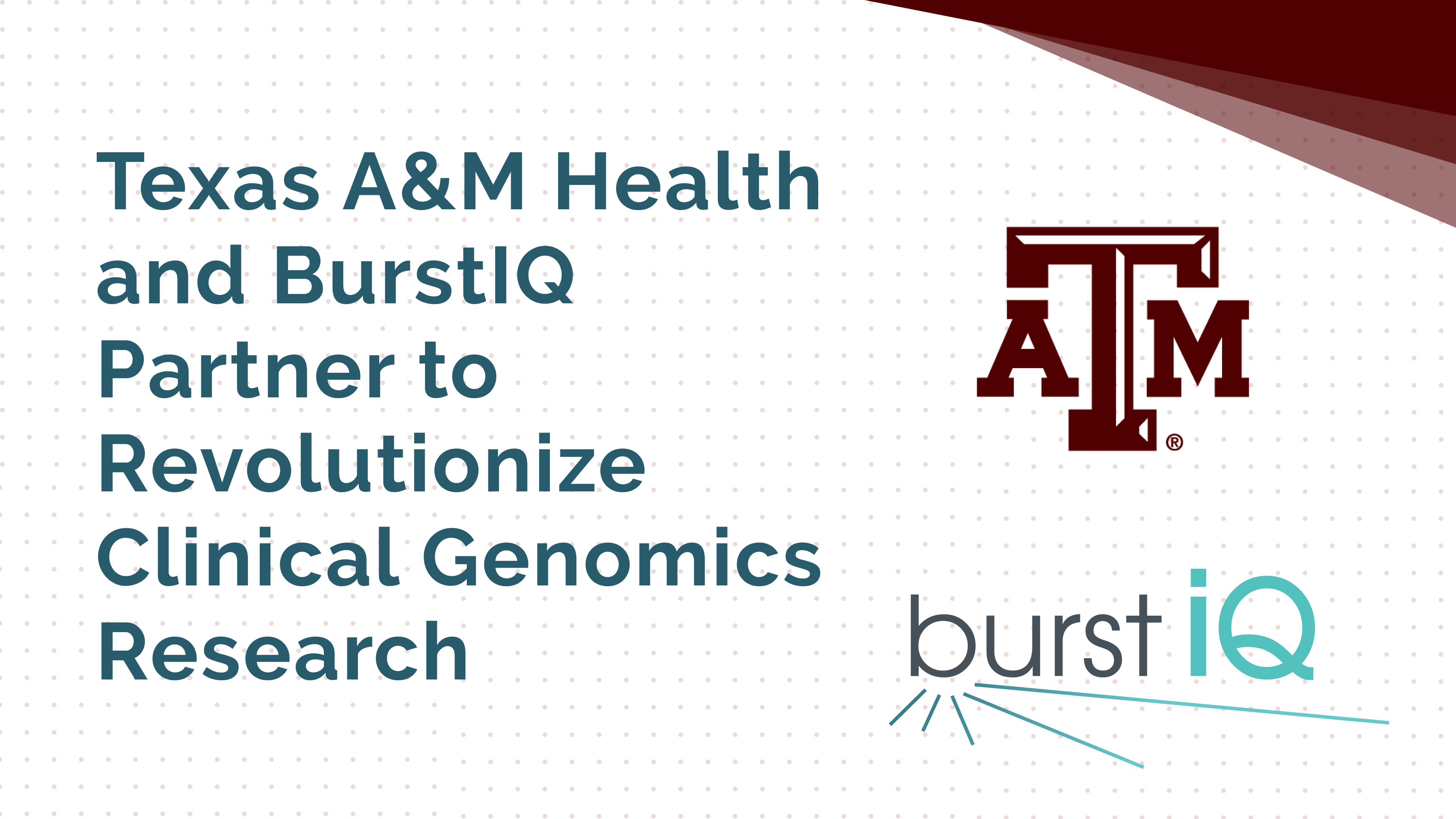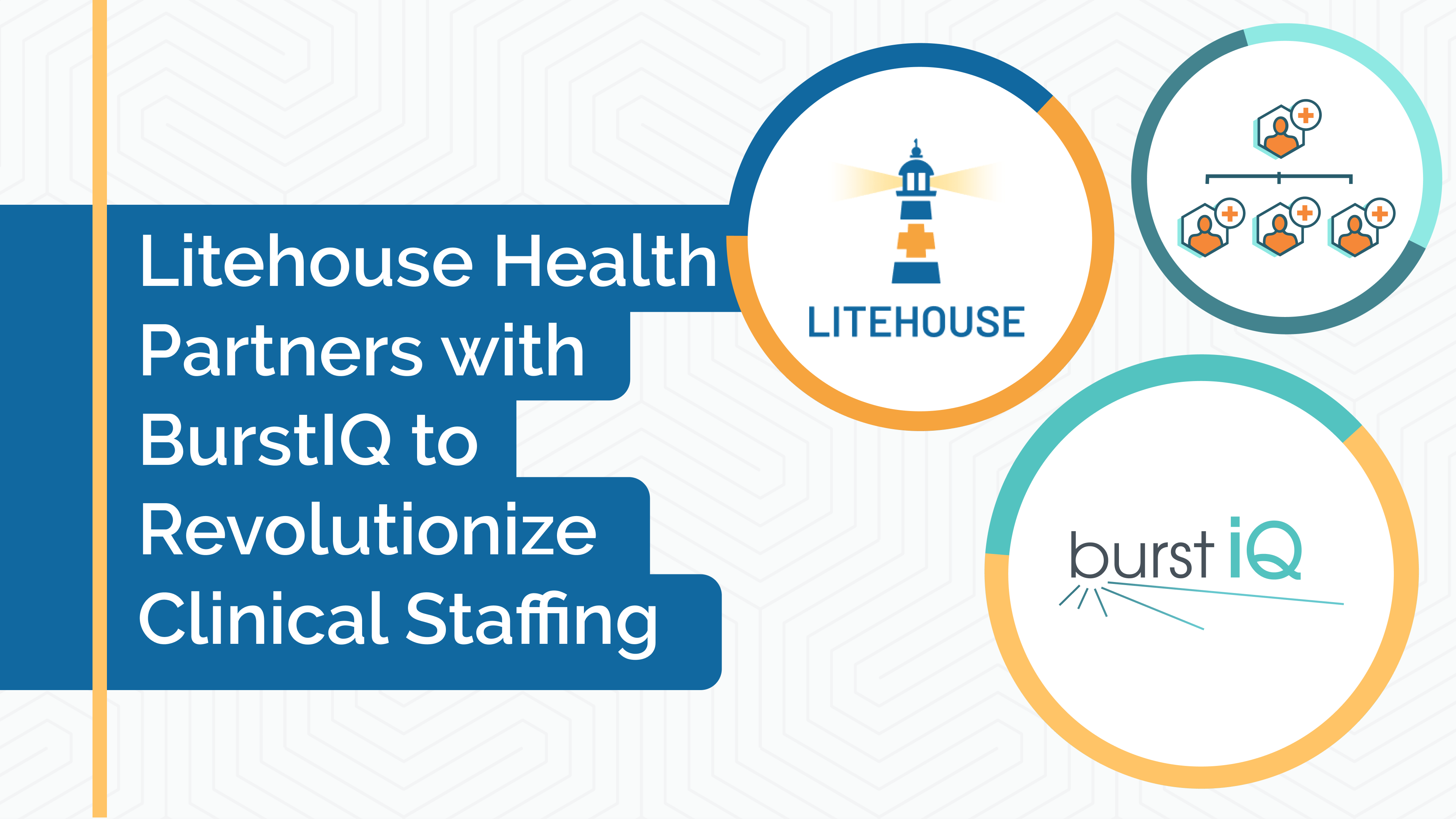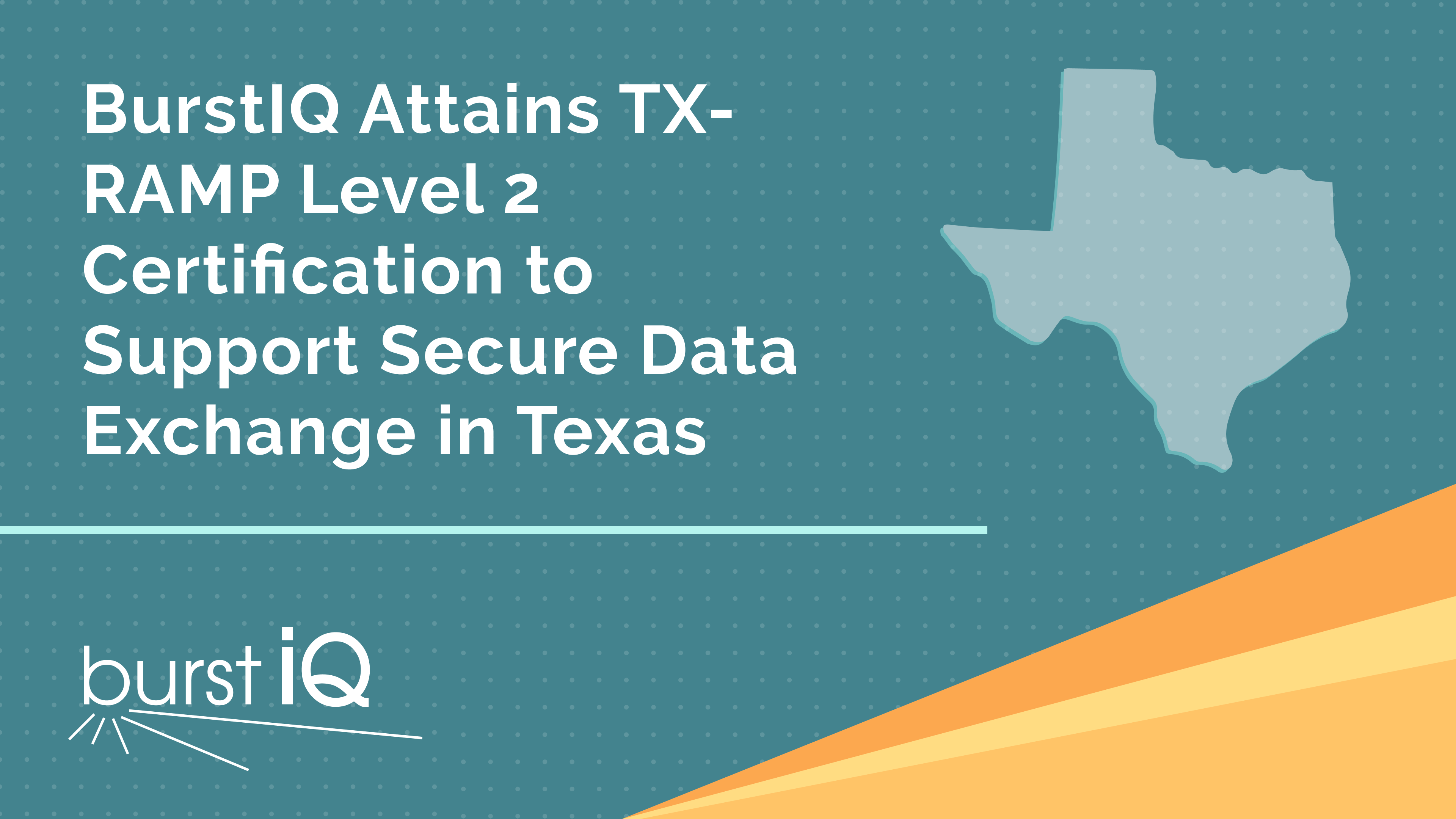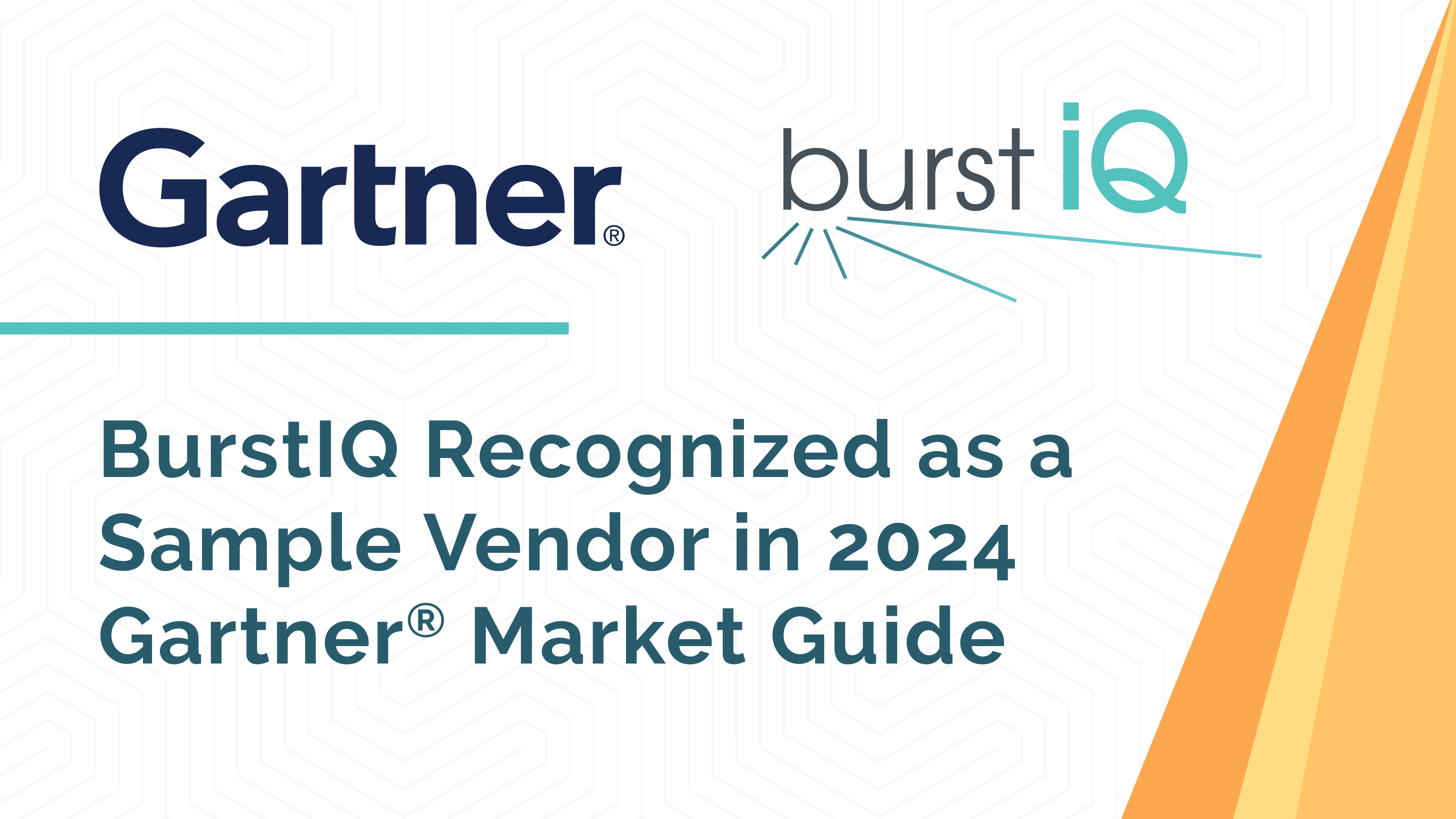The Key Role Blockchain Is Playing In Healthcare
Blockchain has traditionally been associated with the banking and finance industries, however, this emerging technology is finding its place elsewhere. Many companies, in a range of different sectors, are taking advantage of the distributor ledger technology that blockchain provides. They can share verified, confidential information in a secure and audited fashion, which is good news, especially when privacy is of primary concern. The healthcare industry is one such sector that could greatly benefit from blockchain technology.
Privacy (Or Lack Of) In Healthcare
Within the healthcare industry, there is a real need to protect patient data, but unfortunately, there have been an abundance of data breaches. According to Tech Republic, hackers stole 21.3 million healthcare records in the second half of 2020 which is an increase over other years. Professionals believe that this rise in data breaches was related to the Coronavirus pandemic, because health care professionals were forced to prioritize patient care over the cybersecurity measures needed for their digital systems.
These data breaches, understandably, are of prime concern to both health professionals and patients. Medical records should only be securely shared among designated medical professionals, with limitations set in place to protect such records from unsolicited views.
The Role Of Blockchain In Healthcare
Thankfully, measures are being put in place to protect patient data, and blockchain is playing a key role here. According to the Journal Of Medical Ethics, blockchain technologies are being implemented to give patients greater autonomy of their data. In effect, they will be able to revoke consent or grant permission to those who want data access, including those working in different facets of healthcare. This doesn’t mean patients need to revoke consent for all aspects of their medical history, as they will be able to opt-in and opt-out depending on the nature of their data.
This is explained in an article at Medium, where the author suggests blockchain will be used to allow for flexible data sharing where people can communicate the necessary pieces of medical information to third parties and nothing else. In a real-world example explored by the author, this could include a parent sending their child to a camp. They may need to provide verification of immunization but they wouldn’t need to release other details of their child’s medical history.
“Blockchain is providing that fundamental missing technology piece to truly connect the healthcare system. Together with enterprise leading security standards, we at BurstIQ believe blockchain will fill in that missing gap.” –Brian Jackson
Ultimately, the implementation of blockchain technologies can benefit patients, practitioners, and medical insurance companies
.Information will be more secure, mitigating the risk of a data breach, and all parties will have the peace of mind that data will only be shared on a need-to-know basis.In an industry that has been marred by a lack of trust from healthcare users, public blockchains may seem like the perfect answer. This isn’t to say it will be foolproof, as blockchains will need to be built on the correct architecture to ensure proper security. Organizations will need to collaborate to implement blockchains correctly but if successful, there will be fewer instances of data breaches that currently blight the healthcare industry.
Read the full article on ABC Money
About BurstIQ
BurstIQ is the leading provider of blockchain-enabled data solutions for the identity, healthcare and life sciences industries. The company’s secure data exchange network combines blockchain, multi-layered governance and best-in-class security to build multi-dimensional profiles, called LifeGraphs®, of people, places and things, and empower the connections between them. LifeGraph® Network allows organizations to manage the ownership and sharing of sensitive data, with consent, governance and process automation built in. The result is a global, secure data network that allows health systems, payers, digital health companies, pharma & life science companies and governments to collaborate, share, discover and build the impossible.
For more information visit: www.burstiq.com| Facebook| Twitter| LinkedIn| YouTube
